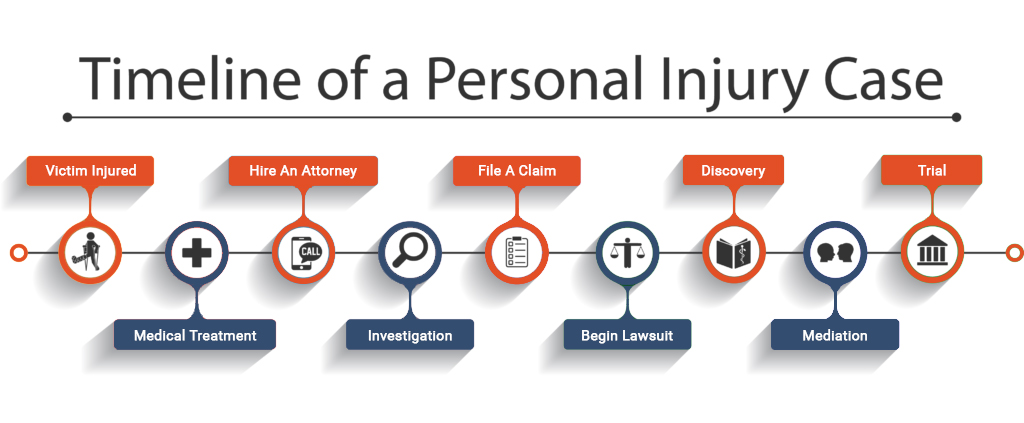1.2 Million
Drunk driver head-on collision with our client resulted in a broken clavicle and dextral face nerve damage.
1 Million
Client spent 3 days in the ICU after he was rear-ended off-road and into the ditch.
500,000
Client spent 3 days in the ICU after he was rear-ended off-road and into the ditch. They had no broken bones.
250,000
Client had a mild brain surgery after lane-splitting with their motorcycle and colliding with a vehicle making abrupt lane change.
Record Breaking Settlements
From a $1.2 million settlement for a head-on collision case to $1 million for a rear-end car accident case, Megeredchian Law results are among the best in California State. We know exactly how much your car accident claim is worth and we never settle for less. This is how we choose to represent your concerns every day- with passion, persistence, and excellence- ensuring that from us you only get the BEST RESULTS!

 Call Us:
Call Us: 
